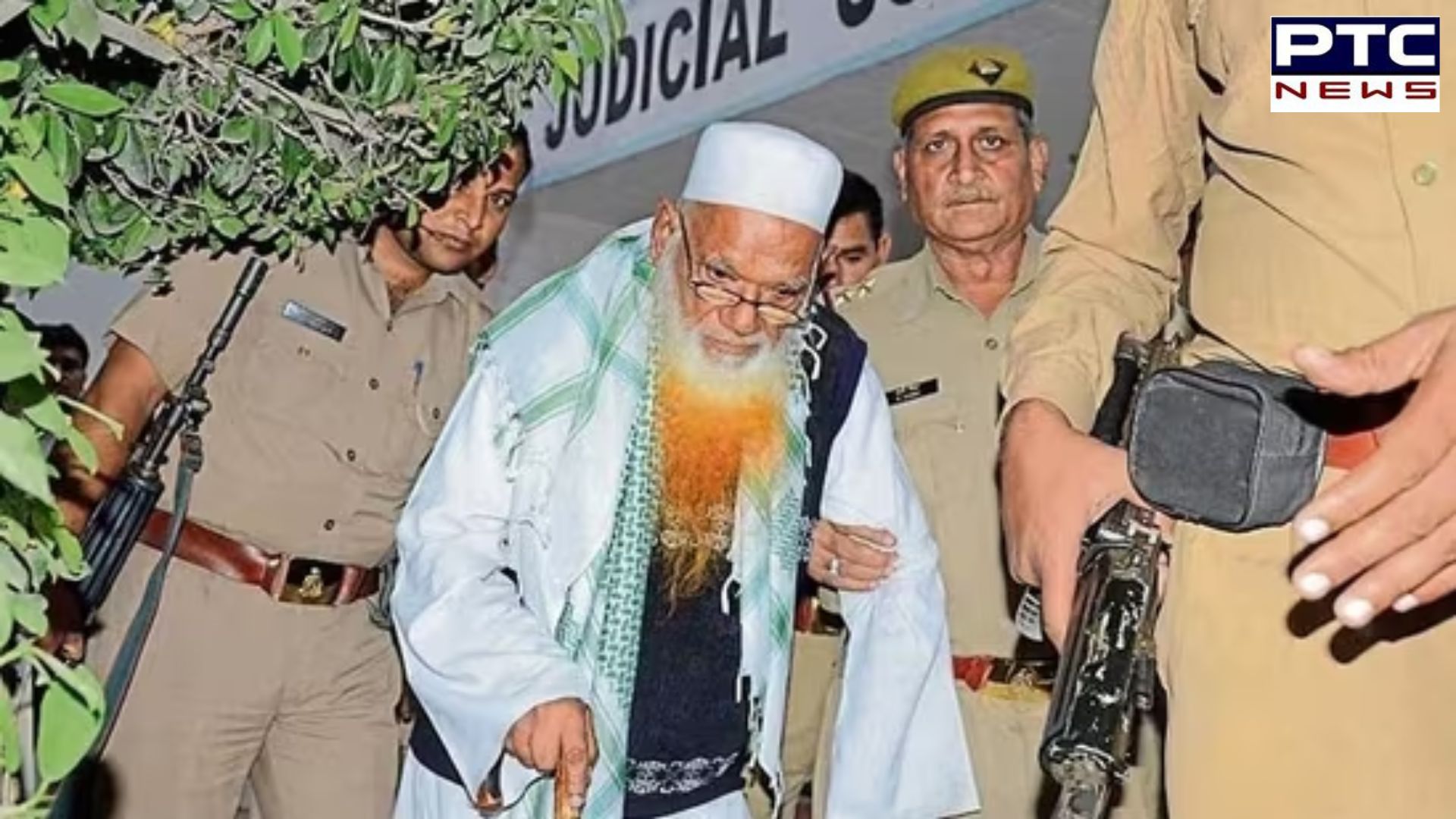

Who is Abdul Karim Tunda, the Lashkar bomb maker acquitted in the Mumbai blast case?
PTC News Desk: Abdul Karim Tunda, a notorious figure known as a bomb maker for the Lashkar-e-Toiba, gained notoriety when he was apprehended in 2013 by the special cell of the Delhi Police at the Indo-Nepal border.
Recently, a significant development unfolded as a Terrorist and Anti-Disruptive Activities Act (TADA) court acquitted Abdul Karim Tunda, who had been accused in the 1993 serial blasts case. The verdict came due to a lack of substantial evidence against him.
Tunda's lawyer, Shafqat Sultani, expressed the innocence of his client following the court's decision, stating, "Abdul Karim Tunda is innocent, today the Court gave this judgement. Abdul Karim Tunda has been acquitted in all sections and all acts. CBI prosecution could not produce any concrete piece of evidence before the court in TADA, IPC, Railway Acts, Arms Act, or Explosive Substances Act," as reported by ANI.
Also Read: Noida shocker: College youngsters brutally murder friend, buried body after party brawl
Also Read: Air India fined Rs 30 lakh as passenger dies without wheelchair
1. Origin: Originally from Hapur in Uttar Pradesh, Syed Abdul Karim, also known as Tunda, was employed as a carpenter in Pilkhuwa. He earned the nickname 'Tunda' due to the loss of an arm while constructing a bomb.
2. Training and Connections: Tunda reportedly received training in crafting improvised explosive devices (IEDs) in Pakistan. He disclosed to authorities his associations with the Pakistani intelligence agency Inter-Service Intelligence (ISI) during his time in the country, as per Mint reports.
3. Involvement with Terror Groups: Tunda became associated with the Lashkar-e-Toiba (LeT) and emerged as one of their principal bomb makers. He also purportedly maintained close ties with Dawood Ibrahim Kaskar, a notorious figure in the underworld.
Also Read: Ex-Intel India chief killed in Navi Mumbai cycle crash
Also Read: Abdul Karim Tunda, accused in 1993 train blasts, acquitted due to insufficient evidence
(Inputs from agencies)
-
